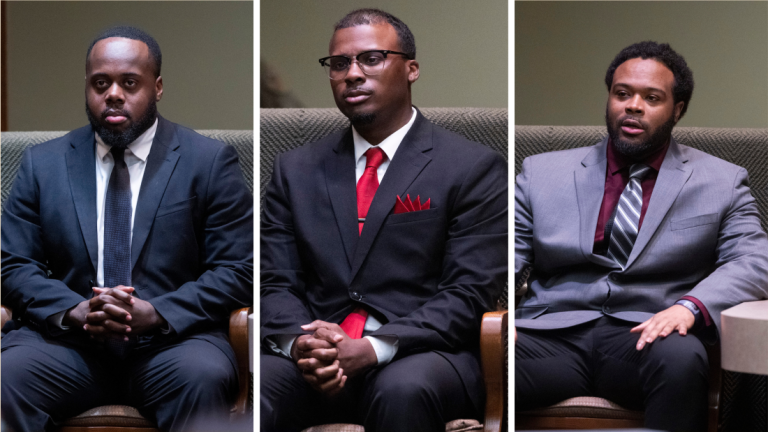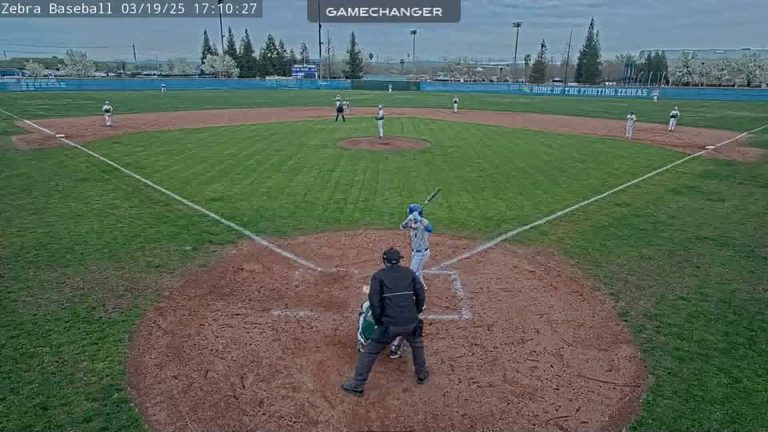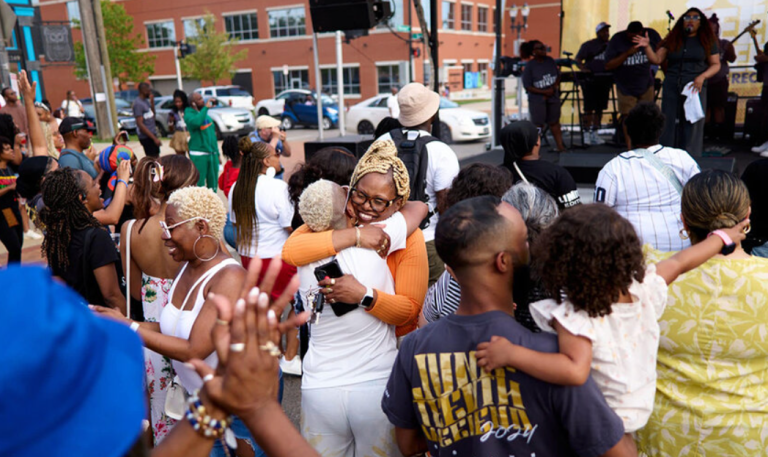Former Michigan National Guardsman Accused of Planning ISIS-Inspired Attack on Army Base
DETROIT – A former Michigan Army National Guardsman was taken into custody Thursday by federal officials who claimed that he conspired to conduct a mass shooting on an American military installation in suburban Detroit on behalf of the Islamic State (ISIS). The suspect, 19-year-old Ammar Abdulmajid-Mohamed Said of Melvindale, is now charged with grave federal terrorism-related crimes.
As indicated by federal prosecutors, Said was arrested May 13 – when he intended to carry out the attack. He now faces two felony counts: for trying to provide material support to a foreign terrorist group and for disseminating information related to the manufacture or use of a destructive device. Said, if convicted, faces up to 20 years in prison for each crime.
The assault was to attack the U.S. Army’s Tank-Automotive & Armaments Command (TACOM) in Warren, Michigan. The facility performs research and sustains military ground combat vehicles, so it is a significant part of the U.S. Army operations. Prosecutors say Said selected this location with knowledge and planned the elements of a mass shooting he believed would kill many American lives.
An ISIS-Inspired Plot
Authorities say Said was acting on behalf of ISIS, the radical militant group that controlled large swaths of territory in Iraq and Syria but lost them. While ISIS was soundly defeated militarily in 2019, it continues to function in a diffuse way, recruiting and operating through affiliated agents and sleeper cells throughout the globe.
“Touted thinking that his attack would benefit ISIS and harm American citizens,” U.S. Attorney Jerome Gorgon Jr. said in a press release. “Assisting any terrorist group initiate violence isn’t just against the law – it is a danger to our national security in the most direct sense.”
The Undercover Sting Operation
Said was nabbed following a months-long FBI undercover operation. Undercover agents, who posed as ISIS sympathizers, contacted Said in April and discovered his intended attack on the TACOM base, court documents revealed. He openly shared his plans with them and even provided them with assistance in carrying out the attack.
Said equipped the undercover officers with armor-piercing rounds, gun clips, and tactical training, authorities charge. He also allegedly spied on the military base with a drone, one he used in the vicinity of TACOM to learn how it was laid out and how one could enter, police say. Said also taught his followers how to make Molotov cocktails and gave firearms training, again showing that he was committed to launching the attack, police say.
The FBI arrested said on the night of May 13, hours after he had launched his drone again over the military base, seemingly set to attack.
A Military Background Turned DANGEROUS
Said’s previous military experience has also come under further scrutiny. He joined the Michigan Army National Guard in September 2022, attended basic training in Fort Moore in Georgia, and was then assigned to report to the Taylor Armory. But he was fired around December of 2022 on unstated reasons.
Although it’s not certain what prompted his release, his short time in service apparently provided him with sufficient exposure to military strategy and operations to be a legitimate threat, according to federal authorities.
A Developing Trend?
Said’s case is far from unique. In the last decade, politicians and researchers sounded the alarm as they chronicled growing convergence between military service and terrorist activity. The University of Maryland’s National Consortium for the Study of Terrorism and Responses to Terrorism (START) concluded in 2024 that during the period from 1990 through 2023, more than 700 with U.S. military careers engaged in politically or ideologically inspired criminal behavior.
The research also uncovered that roughly 15% of the defendants in the January 6 Capitol riot were from a military background. START researchers even cited a military background as one of the strongest indicators of violent extremism in America in current times.
Such Other Similar Incidents Cause Concern
Said’s arrest follows a recent pattern of violent assaults that were committed by offenders with military backgrounds. A New Year’s Day truck attack in New Orleans earlier this year killed 14 people. Its suspect, later found to have sympathies with ISIS, also had a soldier’s background. Similarly, the Las Vegas Cybertruck explosion, while not necessarily having a direct ISIS-related cause, involved a former soldier and is being investigated as a potential act of terrorism.
Even though these attacks do not appear to have any connection to one another, they have some sinister things in common—namely, the involvement of ex-military or active-duty military personnel and ideological extremism. National security officials and law enforcement officials are now warning that there is a “heightened threat environment,” whereby the people who have tactical training are radicalized and prompted to conduct violent attacks.
Foiling a Potential Tragedy
Thankfully, in Said’s case, the law enforcement agencies moved in time. “This attack was prevented before any lives were lost,” said Sue Bai, director of the Department of Justice’s National Security Division. She further stated that maintaining vigilance, intelligence activity, and proactive counterterrorism efforts is required while keeping such threats from realizing into reality before they develop threatening levels of reality.
As the case is put on trial, there continue to be queries regarding how the young man with a brief National Guard stint radicalized to such an extent as to plan large-scale violence. The FBI remains probing whether Said had outside contacts or if he was alone.
However, the case focused new attention on the necessity for keeping extremist elements under surveillance in the ranks and on the threat of homegrown terrorism remaining steady in America.
Ammar Abdulmajid-Mohamed Said’s detention is a healthy reminder that mind extremism is a threat that can take root among those who have had the experience of carrying a soldier’s kit previously. It will, as it proceeds through the courts, come to fall into the broader discussion on national security, the military’s role in fighting extremism, and how agencies might be able to stop further radicalization from happening before it becomes violent.







